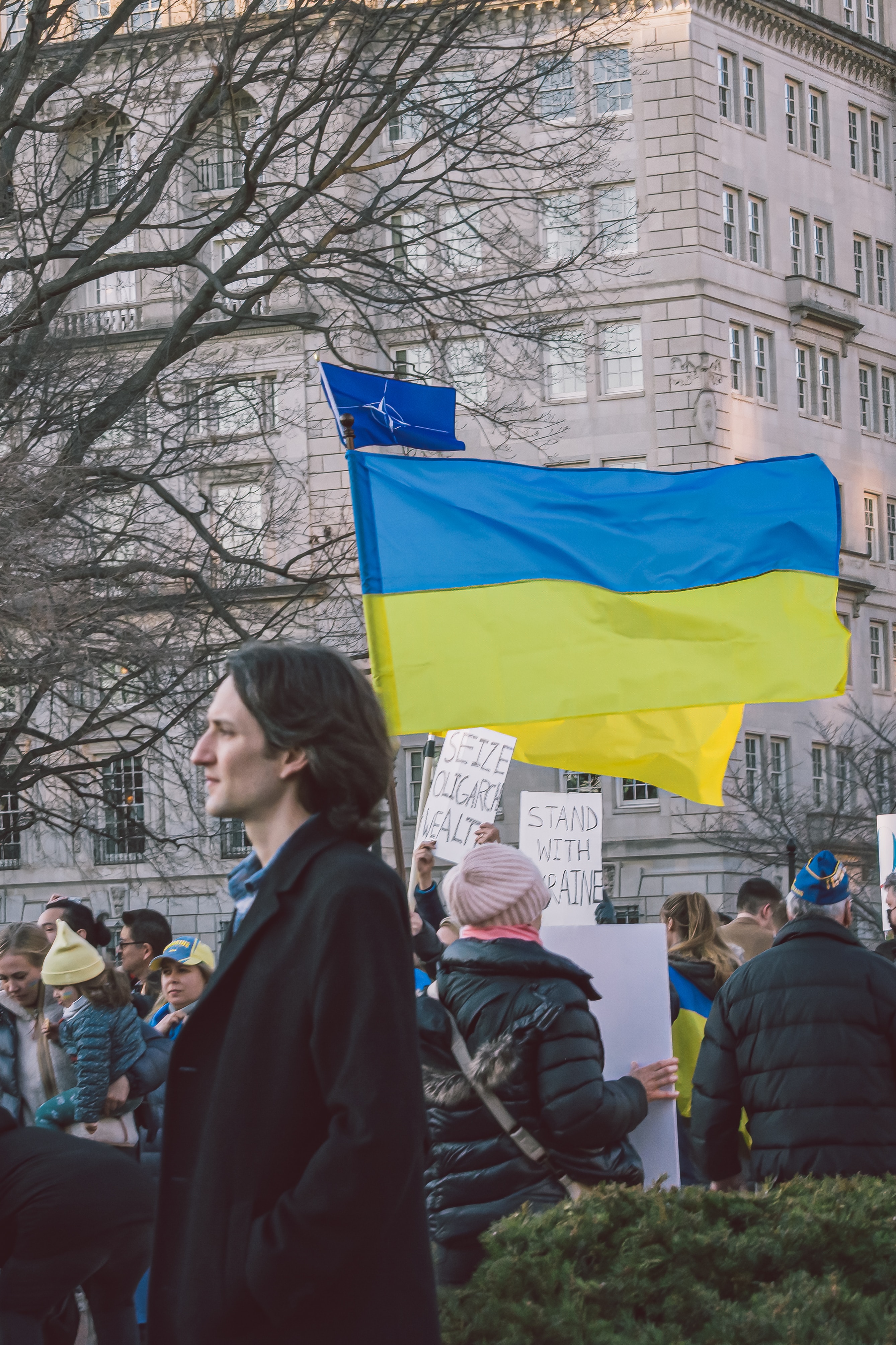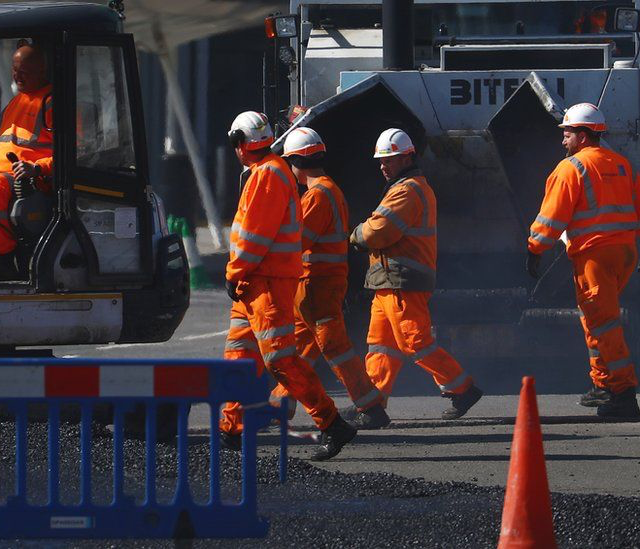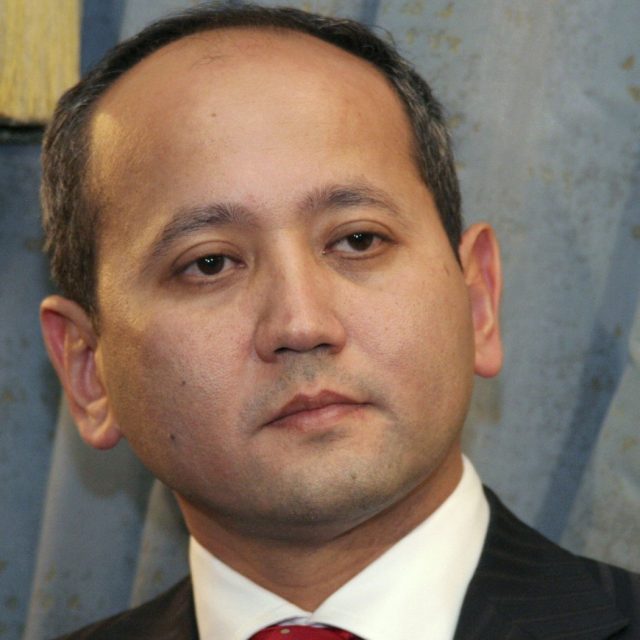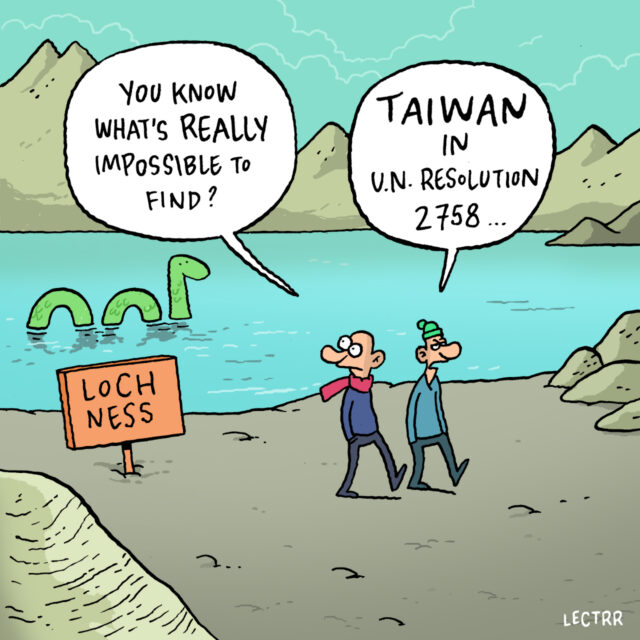Photo by Gayatri Malhotra on Unsplash
Support for Ukraine dominated discussions of local and regional leaders from across the EU when they met in the European Capital of Culture on 18-19 September.
There were strong calls for an increase in the EU’s long-term funding for Ukraine to enable its reconstruction, strengthen its decentralisation process and support it along its path towards European accession.
The regional governors, mayors and local councillors – all of them members of the European Committee of the Regions – coupled their backing for Ukraine in its efforts “to halt Russia’s war of aggression” with statements emphasising the need for Europe to prove its political resilience by using the European Parliament elections next year as an opportunity for democratic renewal.
The politicians, who travelled to Timişoara at the invitation of Alin-Adrian Nica (RO/EPP), president of Timiş County Council, met on 18 September to discuss EU legislation and then on 19 September for a conference focused on citizen-driven proposals to strengthen democracy in the EU.
Nica, a long-time member of the European Committee of the Regions, said: “The European Union must stand strong against Russia and its war of aggression.”
“It must stand strong for Ukraine now and in the long term – and, to stand strong for Ukraine, the EU must also do more to ensure that its own democracy is strong and effective, rooted in local democracy and with a growing sense of European identify.
“The European elections next year are an opportunity to increase the EU’s political resilience.”
Dario Nardella (IT/PES), mayor of Florence and rapporteur on the Ukraine Facility, said: “Despite the fact that the war is ongoing, the Ukraine’s reconstruction has to start now.
“Much of the EU’s support for Ukraine for years to come will go through the Ukraine Facility. We want the Facility to be a stepping stone on the path of Ukraine’s accession to the EU and to apply by anticipation as many of the EU’s regional policy fundamentals as possible, in particular the partnership principle and regional strategic planning.”
“We also believe that Ukraine’s cities and regions must be involved at every stage of the reconstruction process, from planning, through implementation to oversight and that therefore more importance should be given to the Facility’s pillar dedicated to technical assistance.”
“To keep the support to Ukraine at current levels, we will need to increase the size of the Facility beyond the currently proposed €50 billion.”
Reflecting the urgency of establishing a long-term framework for financial support for Ukraine, Mr Nardella’s opinion on the Ukraine Facility has been fast-tracked for adoption at the plenary session of the European Committee of the Regions in October.
The Facility will provide Ukraine with grants, loans and technical support, and will establish an investment framework that is expected to mobilise public and private investments for Ukraine’s recovery and reconstruction.
Patrick Molinoz FR/PES), chair of CIVEX and vice-president of the Bourgogne-Franche-Comté Region, said: “Russia’s war against Ukraine is the biggest challenge that the European Union has ever faced. Implementing the Ukraine Facility should contribute to a long-term process for the reconstruction of the country.”
“This is why the financial instrument should be commensurate to the task, while strengthening a much-needed decentralisation process in Ukraine and proximity with its local and regional levels of government. I therefore call for the inclusion of EU local and regional authorities in the governance of the Ukraine Facility.”
In a debate about enlargement, members of the CoR voiced their support for Ukraine and Moldova joining the EU, subject to continued reforms, as well as for the EU’s expansion into the Western Balkans.
Speakers underlined that the success of democratic reforms will be critical to their chances of joining the EU and to ensuring public support for their membership.
CoR members also discussed the fight against corruption within the EU, highlighting the damage that corruption does to democracy, to trust in elected representatives and to the EU’s internal market. The CoR will issue recommendations later this year.
The Conference on the Future of Europe produced 49 measures for future policy priorities and political reform for the EU.
Some of the proposals have since been implemented and some of which are expected to be reflected in European political groups’ manifestos for the European elections, which will be held on 6-9 June 2024.
The conference on 19 September was opened by the mayor of Timişoara, Dominic Fritz.
Timişoara is the European Capital of Culture in 2023, and the conference paid particular attention to the role of education and culture in bolstering the concept of active citizenship.
Mayor Fritz highlighted Timişoara’s commitment to building on the city’s multicultural European identity, and argued for the broader value of culture to political and economic life.
He said, “The whole idea of active citizenship is bolstered by culture, but it does not remain in the cultural sphere,” he argued, saying that “we need to send a signal that cultural budgets are not where cuts should be made”.
When the European Commission awarded the title to Timişoara, it praised the city as an example of how culture can be used to drive social and economic development.




